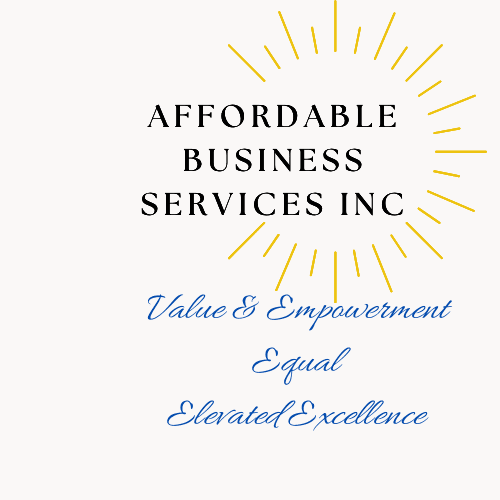FAQs About Our Trusted Accountant Services
As soon as you start to think about your business, an accountant can help you take the next steps. We can discuss your business’s organization, tax purposes, and operations, along with target pricing and profit margins.
Get some impartial advice from an accountant before you consult the bank. A bank will want to see a strong business plan and organized records. Let us help you get ready for your business’s next step!
Does your accountant return your calls? Do you feel comfortable asking them a question? Do you feel heard? With the right accountant, the answer should be a resounding “Yes!”
Cash basis accounting records transactions when cash is received or paid. Accrual basis accounting records transactions when they occur, regardless of when cash is exchanged, providing a more accurate picture of financial health.
An accountant helps with tax planning by advising on tax-saving strategies, ensuring compliance with tax laws, and minimizing liabilities through appropriate deductions, credits, and tax-efficient investment strategies.
Setting up payroll requires calculating employee wages, taxes, and deductions. You’ll need to understand local tax laws, withholdings, and deadlines, and decide whether to handle payroll manually or through a software solution or payroll provider.
By analyzing financial statements, ratios, and cash flow, accountants can help assess profitability, liquidity, and overall financial health. It’s essential to track key performance indicators (KPIs) to identify potential issues early.
You need to keep records of all income, expenses, and receipts, as well as payroll records, invoices, and tax documents. The IRS typically recommends keeping records for at least 3-7 years depending on the type of document.
